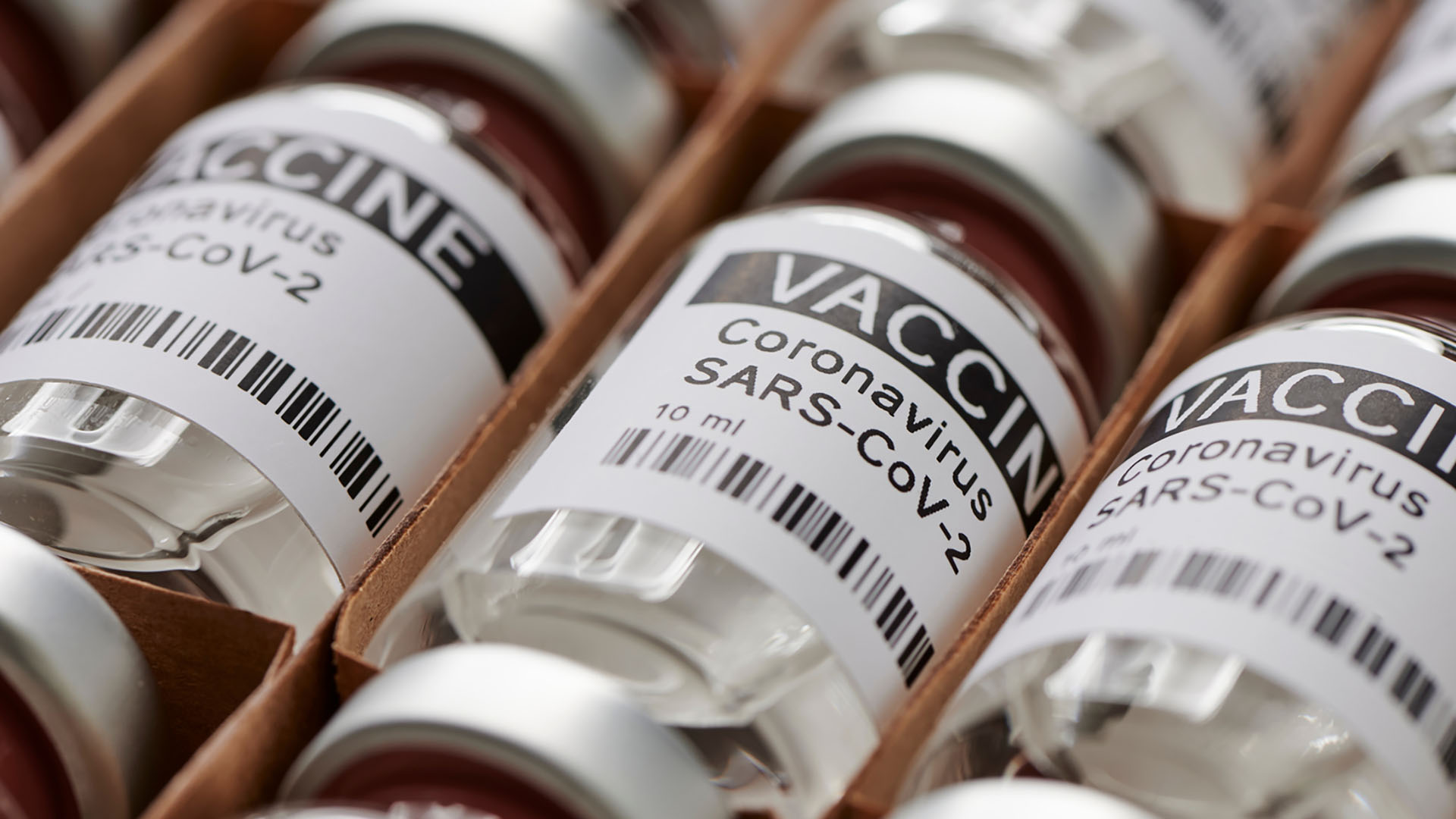US Supreme Court stays the OSHA ETS
In a 6-3 decision handed down on January 13, the US Supreme Court has ordered a stay on the federal OSHA COVID "vaccine-or-test" Emergency Temporary Standard (ETS). The stay is predicated on the Court's finding that the numerous petitioners' procedural and substantive challenges to the ETS are likely to succeed. The stay will remain in effect until a final disposition of those challenges is rendered, either in the Sixth Circuit or the Supreme Court.
In holding OSHA lacks statutory authority to act in this arena as it did, the Court made a number of salient observations concerning the agency's proper role in addressing workplace hazards.
Most importantly, the majority held, "[a]lthough COVID-19 is a risk that occurs in many workplaces, it is not an occupational hazard in most. COVID-19 can and does spread at home, in schools, during sporting events, and everywhere else that people gather. That kind of universal risk is no different from the day-to-day dangers that all face from crime, air pollution, or any number of communicable diseases. Permitting OSHA to regulate the hazards of daily life—simply because most Americans have jobs and face those same risks while on the clock—would significantly expand OSHA's regulatory authority without clear congressional authorization."
Thus, the Court noted, "OSHA's indiscriminate approach fails to account for [the] crucial distinction—between occupational risk and risk more generally—and accordingly the mandate takes on the character of a general public health measure, rather than an 'occupational safety or health standard.'"
In his concurring opinion, Justice Gorsuch addressed in greater detail certain of the principal Constitutional challenges to the ETS. "Not only must the federal government properly invoke a constitutionally enumerated source of authority to regulate in this area or any other. It must also act consistently with the Constitution's separation of powers. And when it comes to that obligation, this Court has established at least one firm rule: 'We expect Congress to speak clearly' if it wishes to assign to an executive agency decisions 'of vast economic and political significance.'…. We sometimes call this the major questions doctrine…. OSHA's mandate fails that doctrine's test. The agency claims the power to force 84 million Americans to receive a vaccine or undergo regular testing. By any measure, that is a claim of power to resolve a question of vast national significance. Yet Congress has nowhere clearly assigned so much power to OSHA."
Justice Gorsuch continued, "[w]hy does the major questions doctrine matter? It ensures that the national government's power to make the laws that govern us remains where Article I of the Constitution says it belongs—with the people's elected representatives. If administrative agencies seek to regulate the daily lives and liberties of millions of Americans, the doctrine says, they must at least be able to trace that power to a clear grant of authority from Congress…. The question before us is not how to respond to the pandemic, but who holds the power to do so. The answer is clear: Under the law as it stands today, that power rests with the States and Congress, not OSHA."
The ETS challenges will now return to the Sixth Circuit for further proceedings. It is expected the Sixth Circuit will (or should) largely adopt the Supreme Court majority's findings. In the interim, OSHA is precluded from enforcement of the ETS and employers are not bound to follow its provisions.
Department of Labor Secretary Martin Walsh issued a statement on the evening of January 13, expressing disappointment and disagreement with the Supreme Court's ruling. He concluded by stating, "[r]egardless of the ultimate outcome of these proceedings, OSHA will do everything in its existing authority to hold businesses accountable for protecting workers, including under the COVID-19 National Emphasis Program and General Duty Clause." Thus, it seems apparent that OSHA intends to act aggressively against employers by substituting these measures for the now-unenforceable ETS as a basis for citing potential workplace violations.
US Supreme Court lifts ban on CMS vaccine mandate for healthcare workers
In a separate decision on January 13, the US Supreme Court issued an opinion permitting the Centers for Medicare & Medicaid Services (CMS) vaccine mandate for healthcare workers.
CMS' vaccine mandate for healthcare workers was issued in a November 2021 interim final rule and requires Medicare and Medicaid participating facilities to ensure that their staff are vaccinated against COVID-19 unless the particular staff member is exempt for medical or religious reasons (see our Health Law Pulse blog post on the interim final rule).
In a 5-4 ruling challenging the interim final rule, the Court agreed that CMS has the authority to impose these conditions on Medicare and Medicaid participating facilities as Congress conferred the agency with the ability "to impose conditions on the receipt of Medicaid and Medicare funds that '[it] finds necessary in the interest of the health and safety of individuals who are furnished services.'" Because CMS concluded that the COVID-19 vaccine would decrease the risk of healthcare workers contracting the disease, the Court found that protection of healthcare workers and those to whom they furnish services was "'necessary in the interest of the health and safety' in the face of the ongoing pandemic." While noting the agency's authority to impose requirements that hospital employees wear gloves or sterilize their equipment, the Court explained that "there can be no doubt that addressing infection problems in Medicare and Medicaid facilities is what [CMS] does." The Court found this to be true, even if the CMS vaccine mandate "goes further than what the Secretary has done in the past to implement infection control."
In preparation for this potential ruling, CMS issued an External FAQ with the modified timeline for the interim final rule going into effect. The new deadline for Phase 1 will be January 27, 2022 for the first dose and the deadline for Phase 2 implementation will be February 28, 2022 for the second dose or to have received an exemption. In response to the Court's opinion, CMS Administrator Chiquita Brooks-LaSure stated, in part, that "CMS is already implementing its health care worker vaccination rule in 25 states and territories that were not covered by preliminary injunctions. Today's decision will enable us to fully implement this rule, and we look forward to working with health care providers and their workers to protect patients. We will continue our extensive outreach and assistance efforts encouraging individuals working in health care to get vaccinated."





